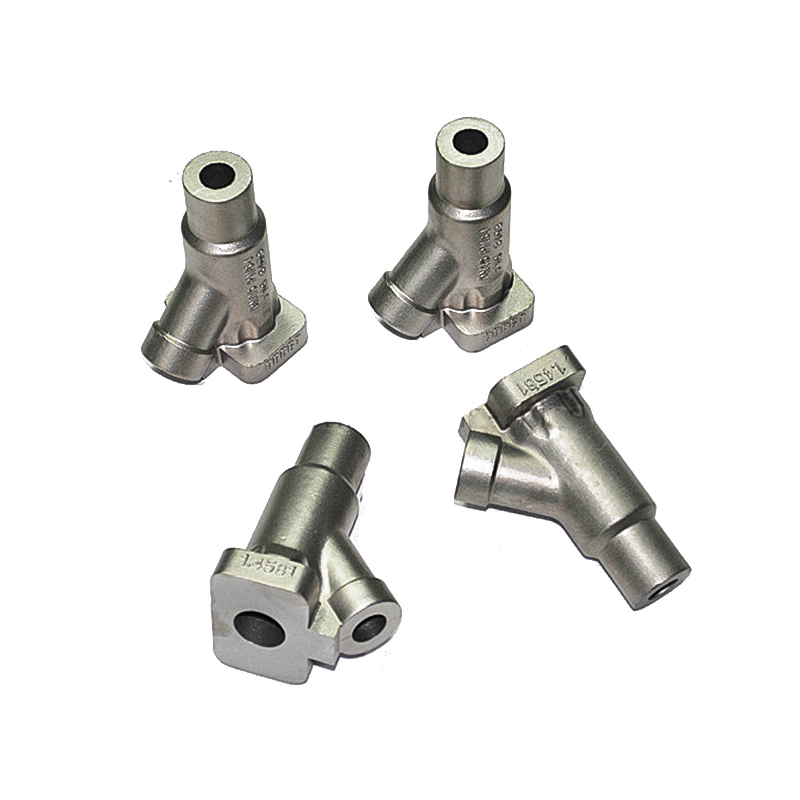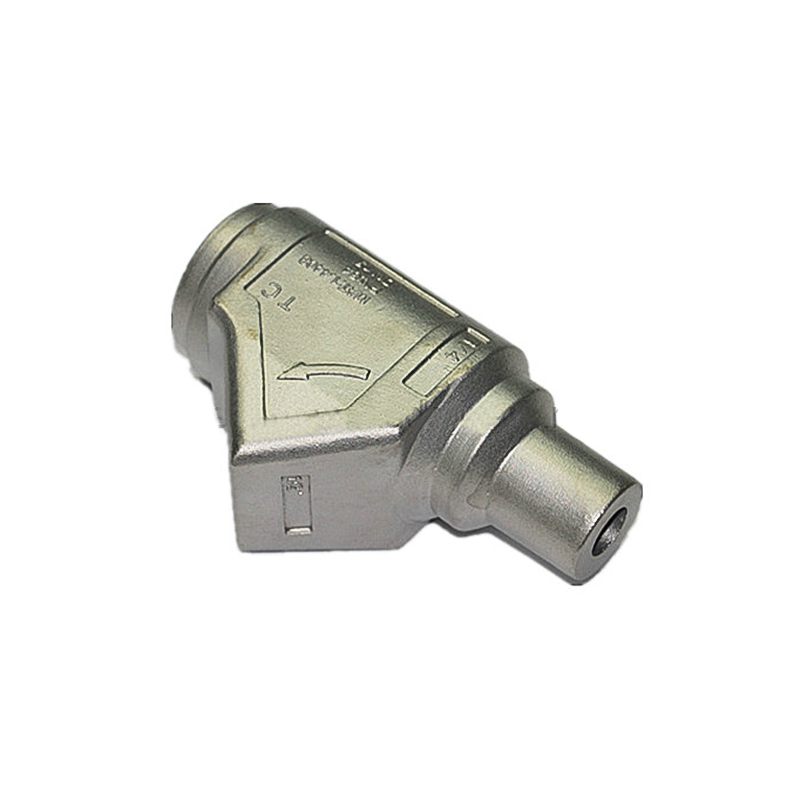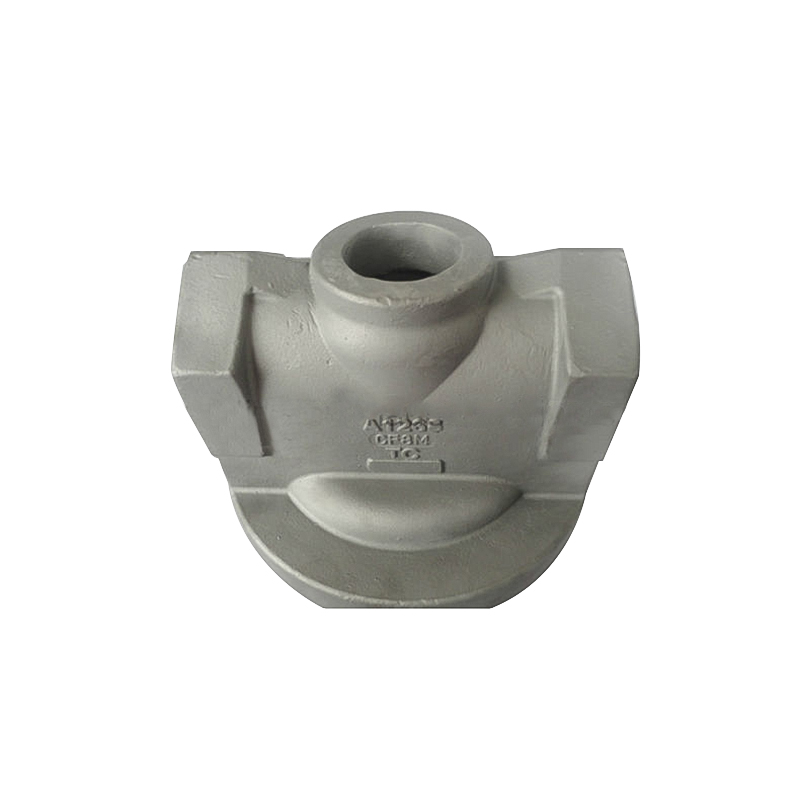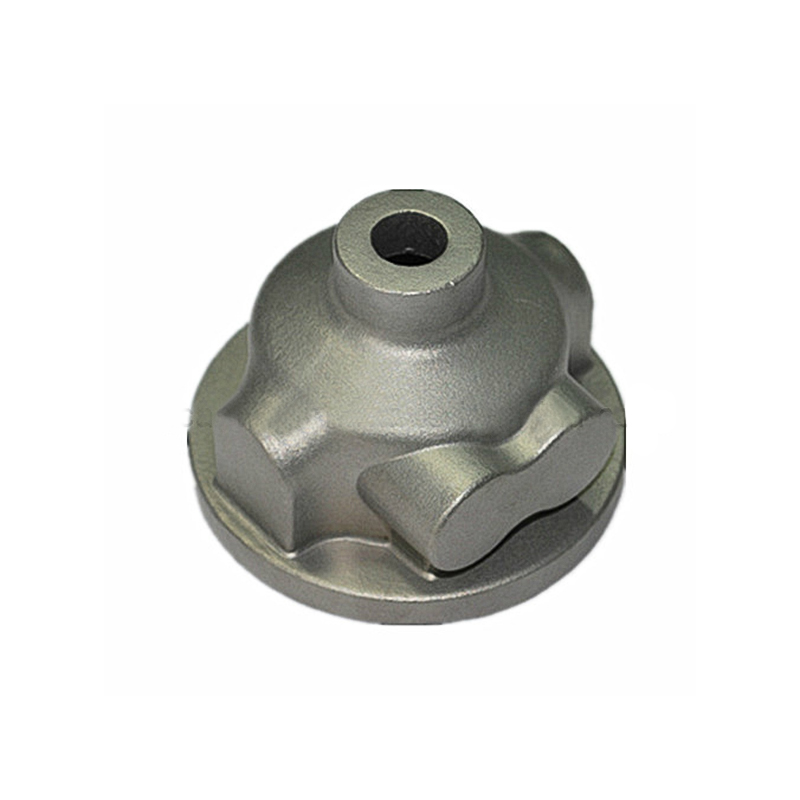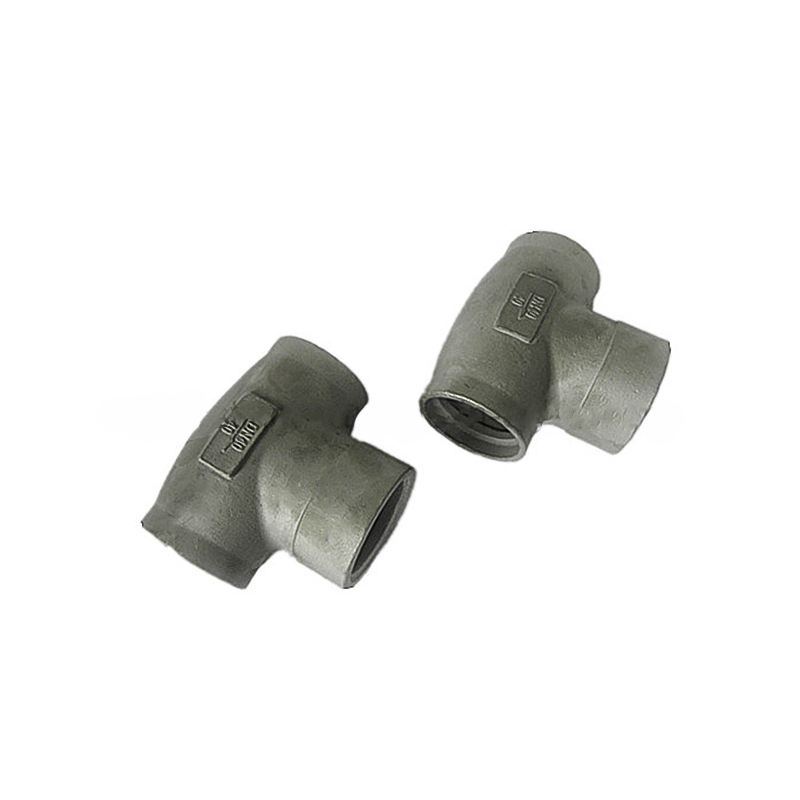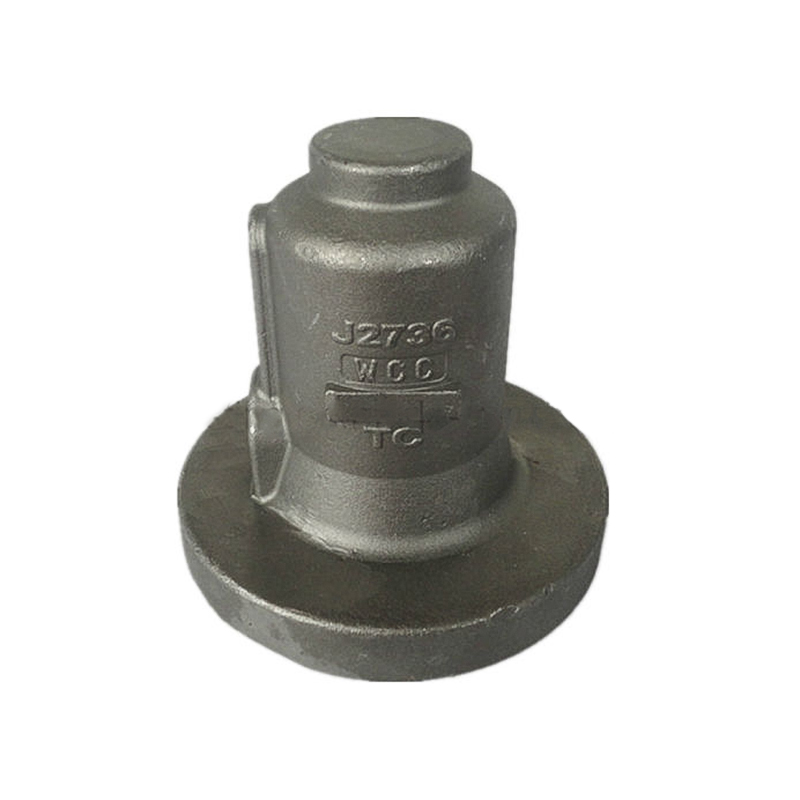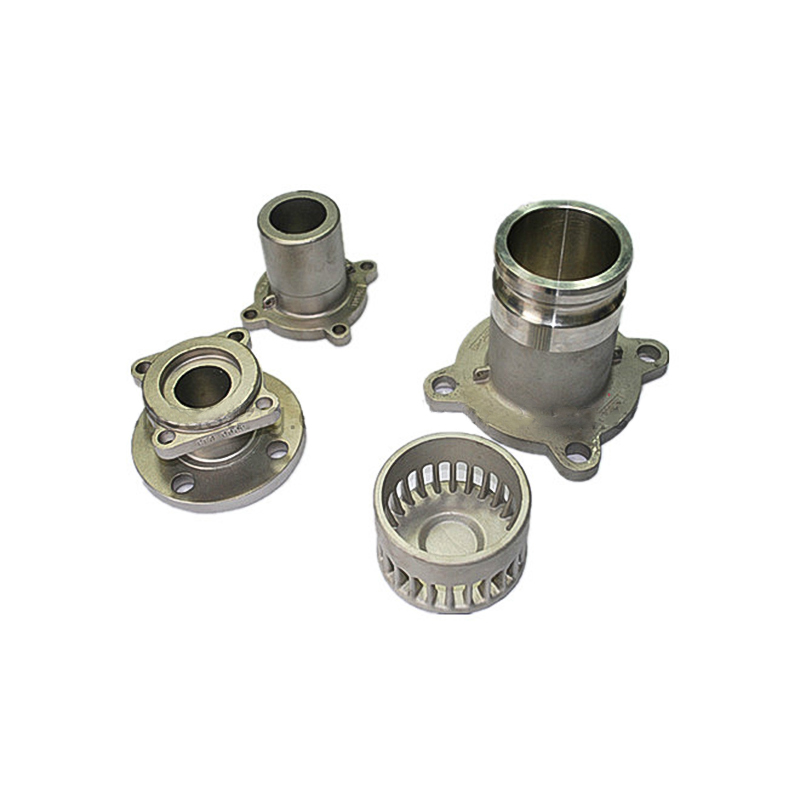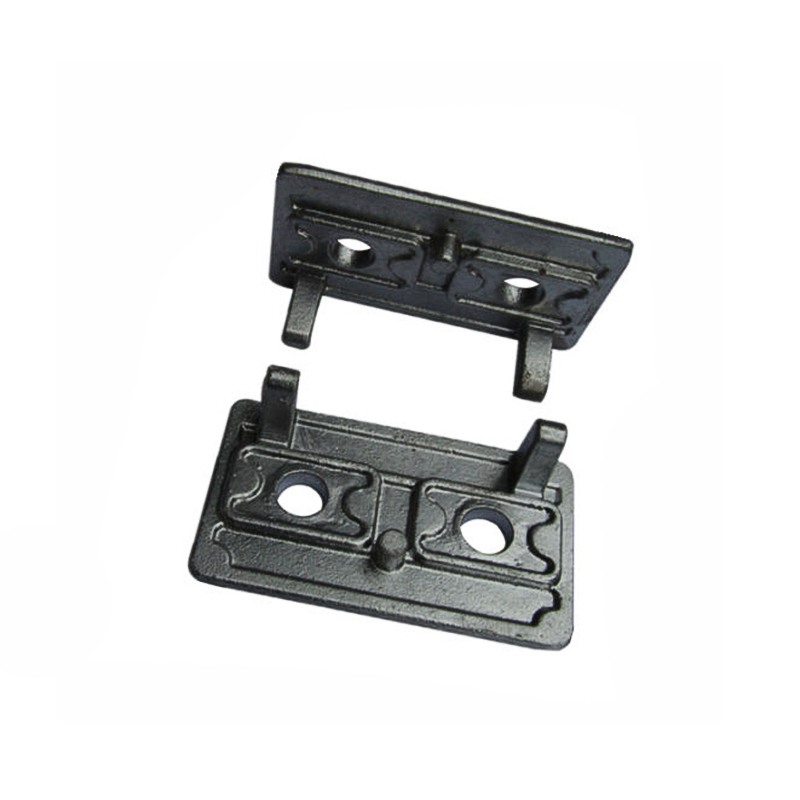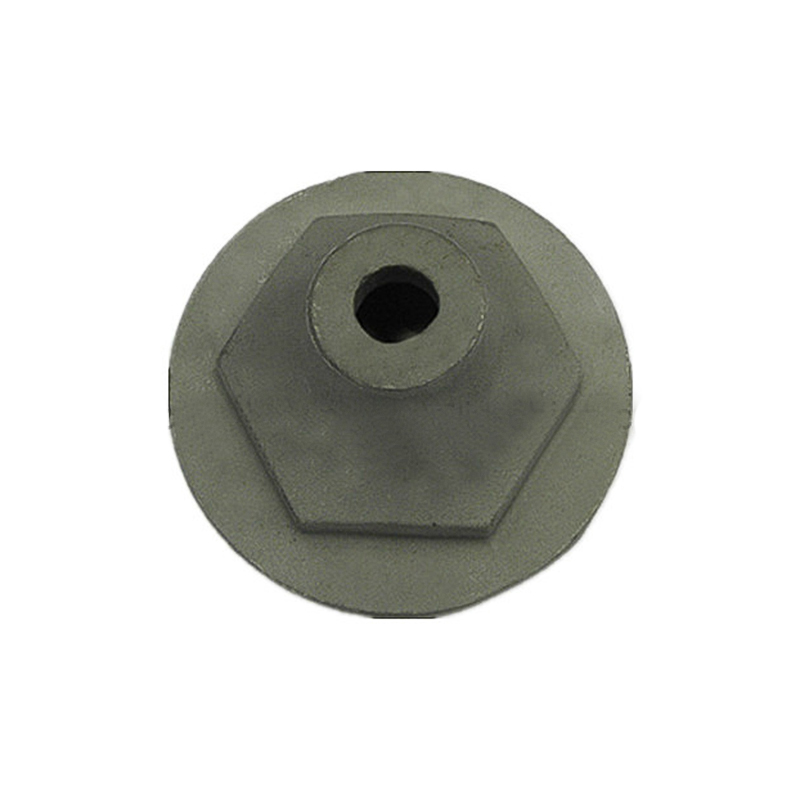How to Choose High-Quality Agricultural Machinery Parts?
With the acceleration of agricultural mechanization, the performance and efficiency of agricultural machinery are increasingly valued. High-quality parts are crucial to ensuring the stability and longevity of these machines. Choosing high-quality agricultural machinery parts not only improves equipment efficiency and reduces maintenance, but also effectively reduces production costs. Choosing high-quality agricultural machinery parts has become a challenge for every agricultural practitioner and machinery purchaser.
How to Choose High-Quality Agricultural Machinery Parts?
Selecting high-quality agricultural machinery parts requires considering several factors. Part quality directly impacts the operational stability, efficiency, and safety of agricultural machinery. Therefore, selecting the right parts must focus on the following aspects:
Material and Craftsmanship
The material of a part is fundamental to its durability and performance. Agricultural machinery parts often operate under extreme conditions such as high temperature, high pressure, and vibration, making the choice of material crucial. For example, internal engine parts typically require high-temperature and wear resistance, while hydraulic system components require strong corrosion resistance. High-quality parts are typically made of high-strength alloy steel or special alloys and undergo precision machining and processing to ensure stable operation even in harsh environments.
When purchasing, agricultural producers should prioritize manufacturers whose materials undergo rigorous quality inspection and possess advanced technical support. For example, choosing imported alloys or parts with high-temperature and wear-resistant properties can significantly improve the durability and efficiency of machinery.
Machining Precision and Quality Control
High-precision machining processes directly determine the precision of component fit. Many parts in agricultural machinery (such as gears, bearings, and hydraulic components) require high machining precision to ensure precise fit and smooth operation. Inadequate machining can cause problems such as vibration, excessive noise, and uneven power transmission, and in severe cases, even lead to equipment failure.
Manufacturers of agricultural machinery parts should maintain a strict quality control system to ensure that each part undergoes comprehensive quality inspection and precision machining to meet high precision standards and maintain good long-term operation.
Compatibility and Fit
Compatibility and fit are crucial factors when selecting parts. Agricultural machinery of varying models, brands, and uses requires parts with a certain degree of versatility and compatibility. Incompatible parts can impact equipment performance and even cause malfunction or damage.
When selecting parts, manufacturers should choose the most suitable parts based on the equipment model, operating environment, and working conditions. For example, parts from well-known brands generally offer good adaptability and compatibility, allowing them to work with a variety of agricultural machinery brands and models, thus avoiding issues caused by incompatibility.
Long-term durability and cost-effectiveness
The service life of agricultural machinery parts directly impacts equipment maintenance costs. Using low-quality parts can quickly lead to wear and damage, resulting in frequent equipment downtime and repairs, which in turn increases operating costs. Therefore, choosing durable, high-quality parts can significantly reduce the frequency of repairs and replacements, lowering long-term operating costs.
When considering cost-effectiveness, agricultural producers should not only focus on the initial purchase price of a part, but also consider the long-term maintenance and replacement costs. For example, while high-quality parts may be slightly more expensive, their longer lifespan, lower failure rate, and reduced repair costs ultimately significantly reduce overall operating costs.
Supplier Reputation and After-Sales Service
Selecting high-quality agricultural machinery parts requires reliable suppliers and comprehensive after-sales service. A high-quality parts supplier not only provides high-quality products but also offers comprehensive technical support and after-sales service. Especially when agricultural machinery malfunctions or requires part replacement, excellent after-sales service can provide timely assistance, minimize machinery downtime, and ensure the continuity of agricultural production.
When selecting parts, agricultural producers should prioritize suppliers with a good reputation and a comprehensive after-sales service system. Market reputation and customer reviews can be used to assess the quality of a supplier's products and services, ensuring timely support and assistance when needed.
Practical Tips for Selecting High-Quality Agricultural Machinery Parts
Compare Multiple Options and Select a Competitive Supplier
There are numerous suppliers of agricultural machinery parts on the market. When choosing, it's important to compare multiple options and understand each supplier's product quality, pricing, service, and other aspects. Understanding the market performance, user feedback, and industry reviews of similar products can help manufacturers select the most competitive suppliers and ensure the quality of the selected parts.
Prioritize Original Parts
Original parts typically undergo rigorous quality testing and are perfectly matched to the original equipment, ensuring compatibility and performance. For critical parts, prioritizing original parts can help avoid equipment failures due to incompatibility or quality issues.
Pay attention to industry certifications and standards
When selecting high-quality agricultural machinery parts, consider whether the product complies with industry standards and certifications, such as ISO9001 quality management system certification and CE certification. Parts that meet these standards typically undergo rigorous quality control during the production process, ensuring that their performance, durability, and safety meet international standards.
Maintain Regular Inspection and Maintenance
Even high-quality parts require regular inspection and maintenance. Parts may wear out or deteriorate over time. Regularly inspecting the operating condition of parts and performing necessary maintenance and replacements will ensure that the equipment remains in optimal working condition.



 English
English Deutsch
Deutsch 简体中文
简体中文
